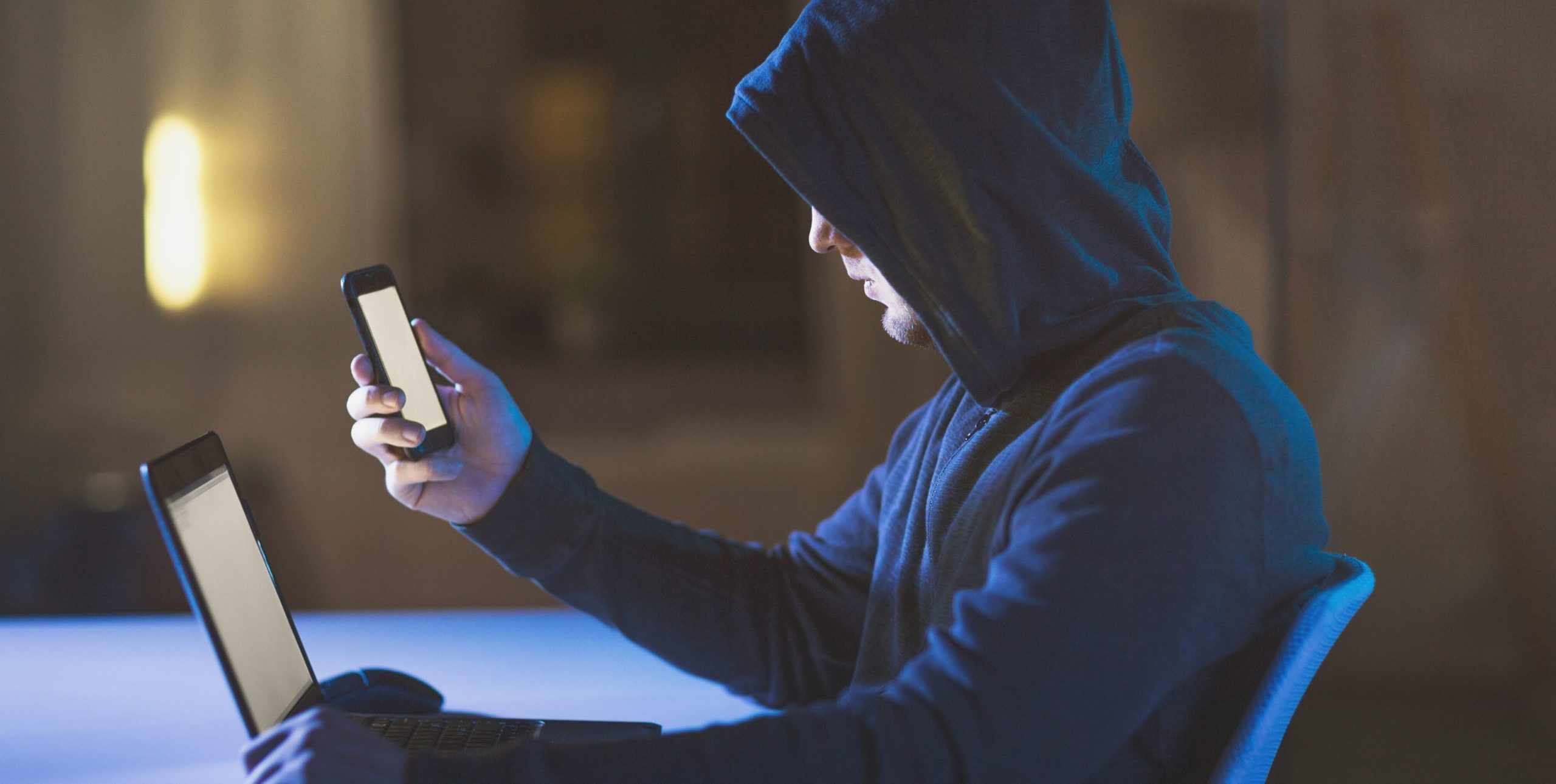
The first and most prevalent danger that comes with using an online dating service is becoming a victim of cybercrime. Many people use Facebook to find new friends, but they can also be used as tools for identity theft such as catfishing (pretending to be someone else on social media). This risk is increased when searching for romantic partners because any personal information shared could lead to stalking, harassment, or even blackmailing. Another common concern with internet safety is security breaches; if one's login information becomes compromised their accounts may be accessed and hacked into by others looking to steal personal data or compromised accounts in order to send malicious emails from your account without access being detected by the original owner. The third major issue faced through email usage on internet-connected devices has less to do with security than it does efficiency: spam filters often block legitimate messages which leads users who don't check their junk folders regularly to miss important communication opportunities such as job offers, event invitations etcetera. Lastly, there are hackers out there who specifically target those seeking love via computer screens so you need not worry about allocating too many resources towards protecting yourself against them if you keep these three simple tips in mind at all times: never share passwords between different sites/applications; always log out after each session of browsing either on a phone/tablet device or laptop; avoid giving away private info over email - especially sexual preferences! These precautions will help ensure that your virtual life doesn't become more complicated due to lackadaisical digital habits created during terra incognita exploration...
Why is Online Dating not Safe?
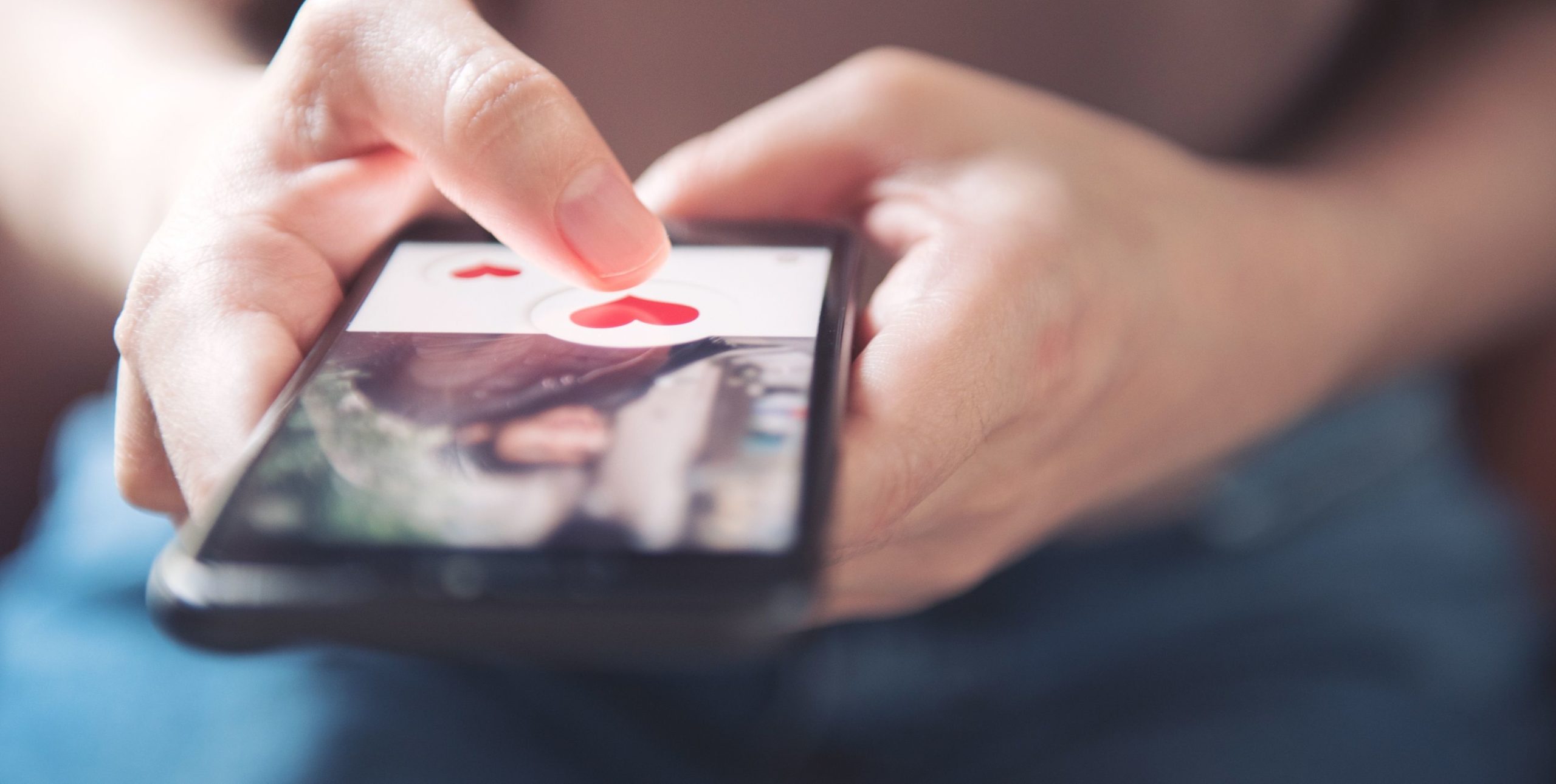
Online daters should use caution while exchanging sensitive information over text messaging apps like iMessage since Apple stores authentication tokens locally rather than sending them securely from user's phone number back up encrypted channels where they belong according to a recent report released by Google Project Zero researcher Ian Beer."
What are the dangers of social media?
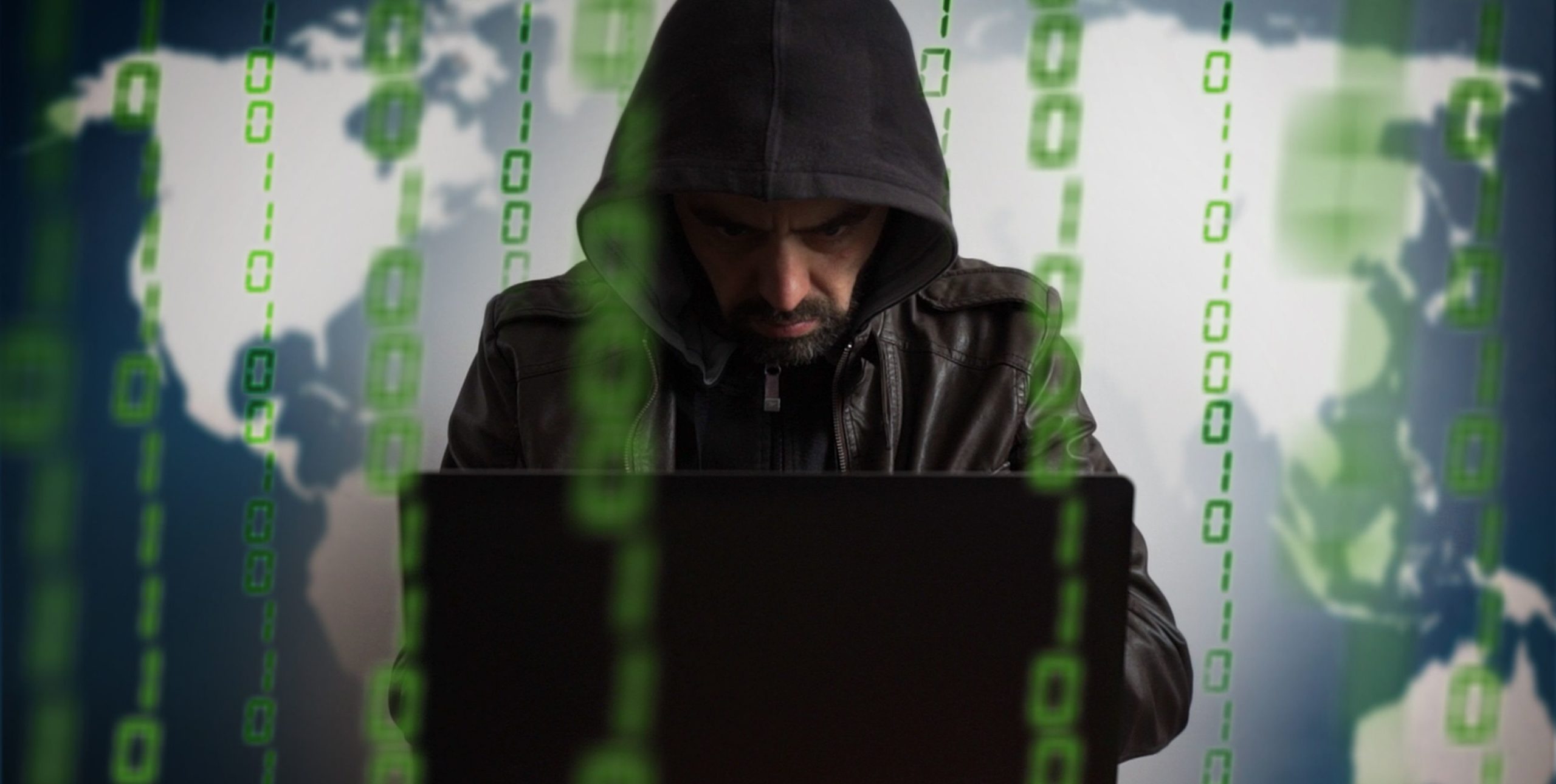
The Internet and its related services, such as social media and online dating, have become an integral part of how we communicate with one another. We can easily find people that share our interests or who live close to us when using these platforms. However, they also introduce danger into our lives by exposing private information about ourselves (e.g., email addresses) to others without knowing for sure if this person is safe; it's like opening your front door whenever someone knocks on it because you think they may be a friend when really there are some strangers waiting outside of your house demanding money from you instead of asking politely for what they need...
How do I stop fake news from affecting my online dating experience?
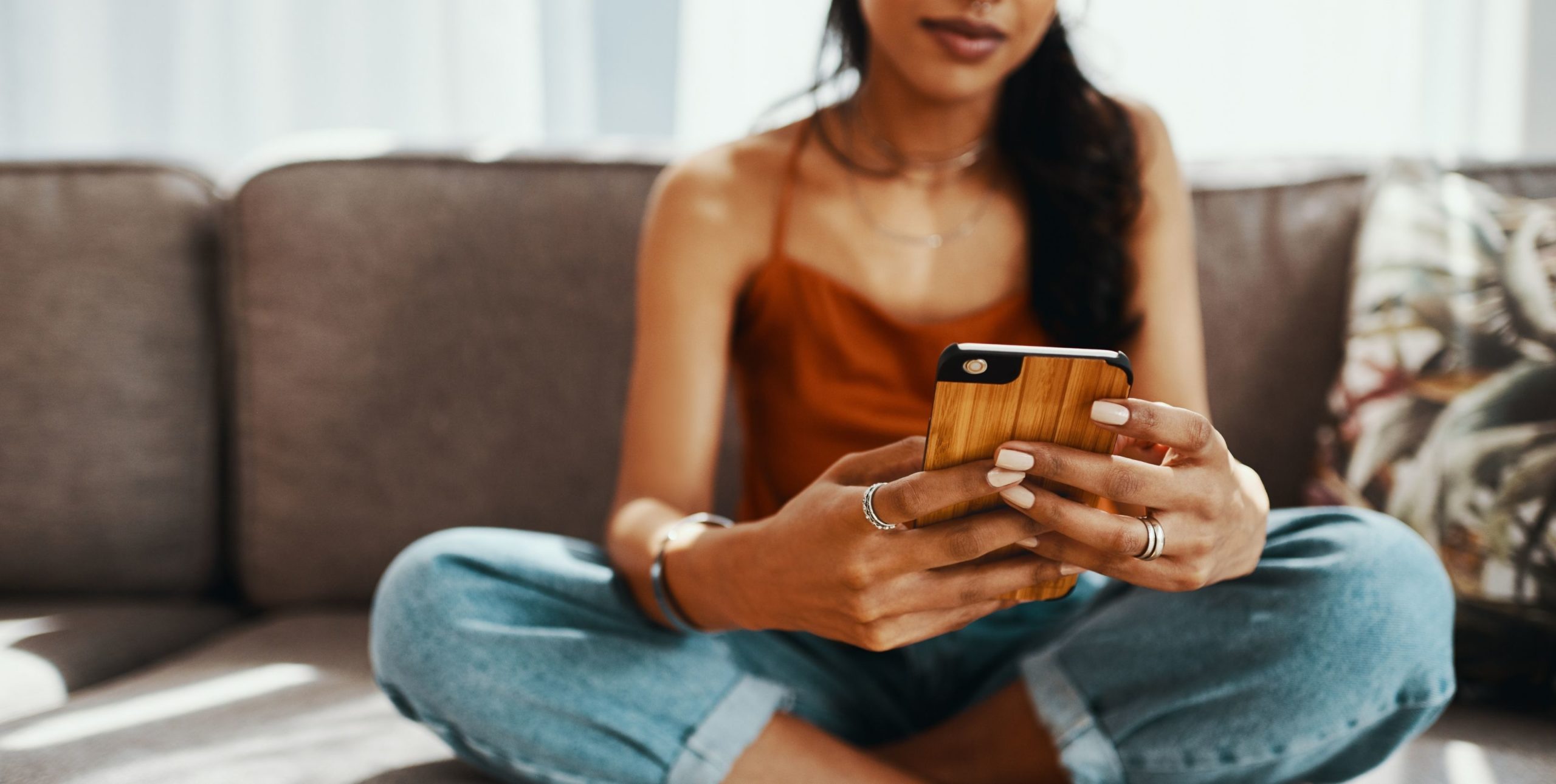
It’s important not to take every word said on any website or forum at face value but rather investigate more thoroughly where the information came from before making any assumptions about their validity. Remember that anyone can post anything on Facebook, Twitter, Instagram, etc., so always verify sources before accepting them as true statements!
Is Facebook detrimental to our mental health and wellbeing?
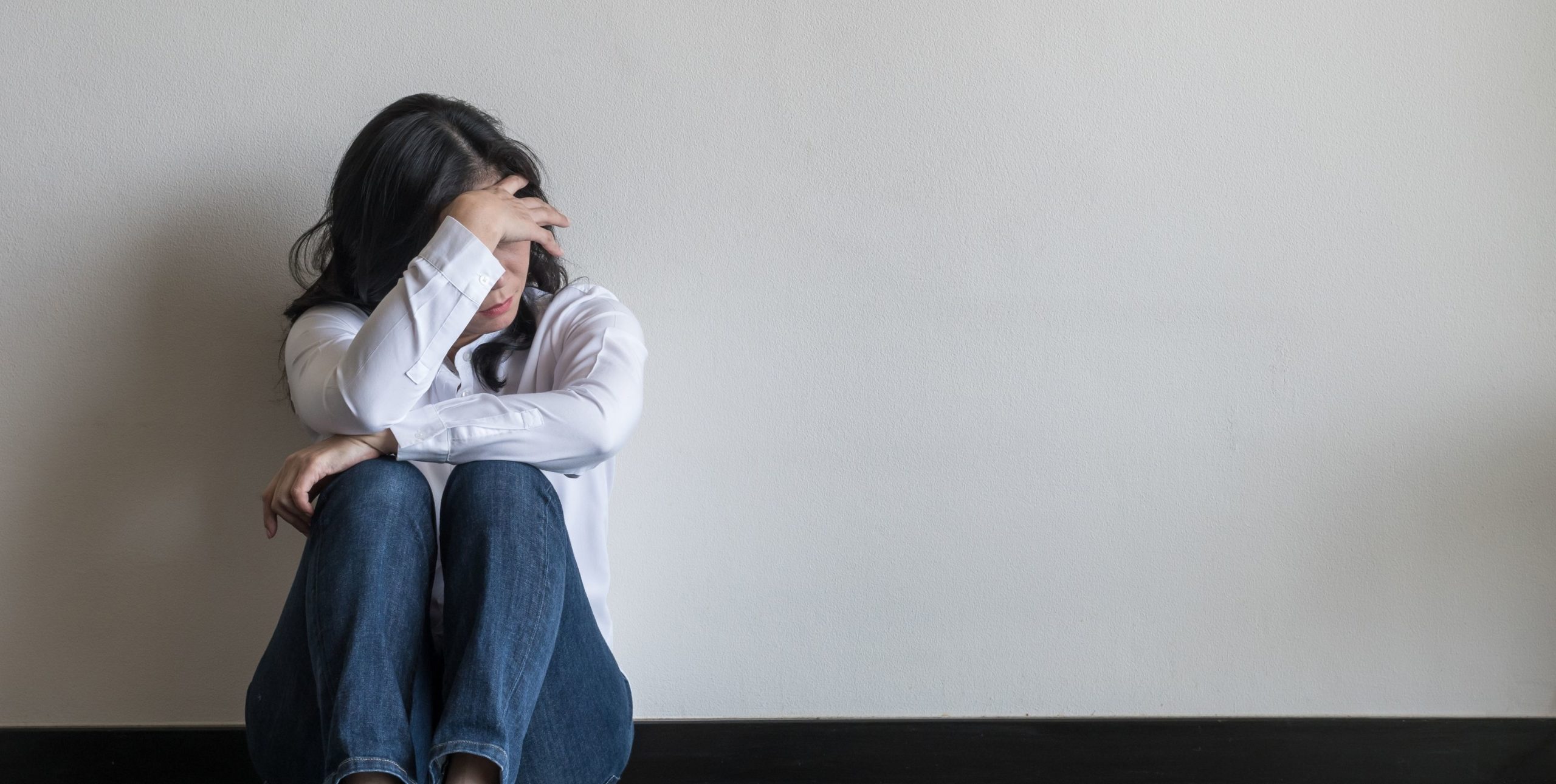
Social media, in particular Facebook, has been under much scrutiny from the public for its effects on mental health and well-being. In a study conducted by researchers at two universities in Pennsylvania in 2016, it was found that people who checked their phones obsessively were more likely to have feelings of social exclusion or loneliness than those who spent less time online. That same study also found an increased risk for depression among young adults when comparing heavy users with non-users of social media sites like Twitter, Instagram, Snapchat etcetera (Davenport). Social networking has also been seen as problematic among adolescents; one study done by Silverman et al., which looked at over 1 million high school students, showed that depressive symptoms increase with frequency of use (Silverman). It is important to note that these studies did not find causation - merely correlation between usage and certain outcomes - but they do raise some interesting questions about how we are engaging socially through new technologies (Christianity Today).
How can we navigate Tinder safely?
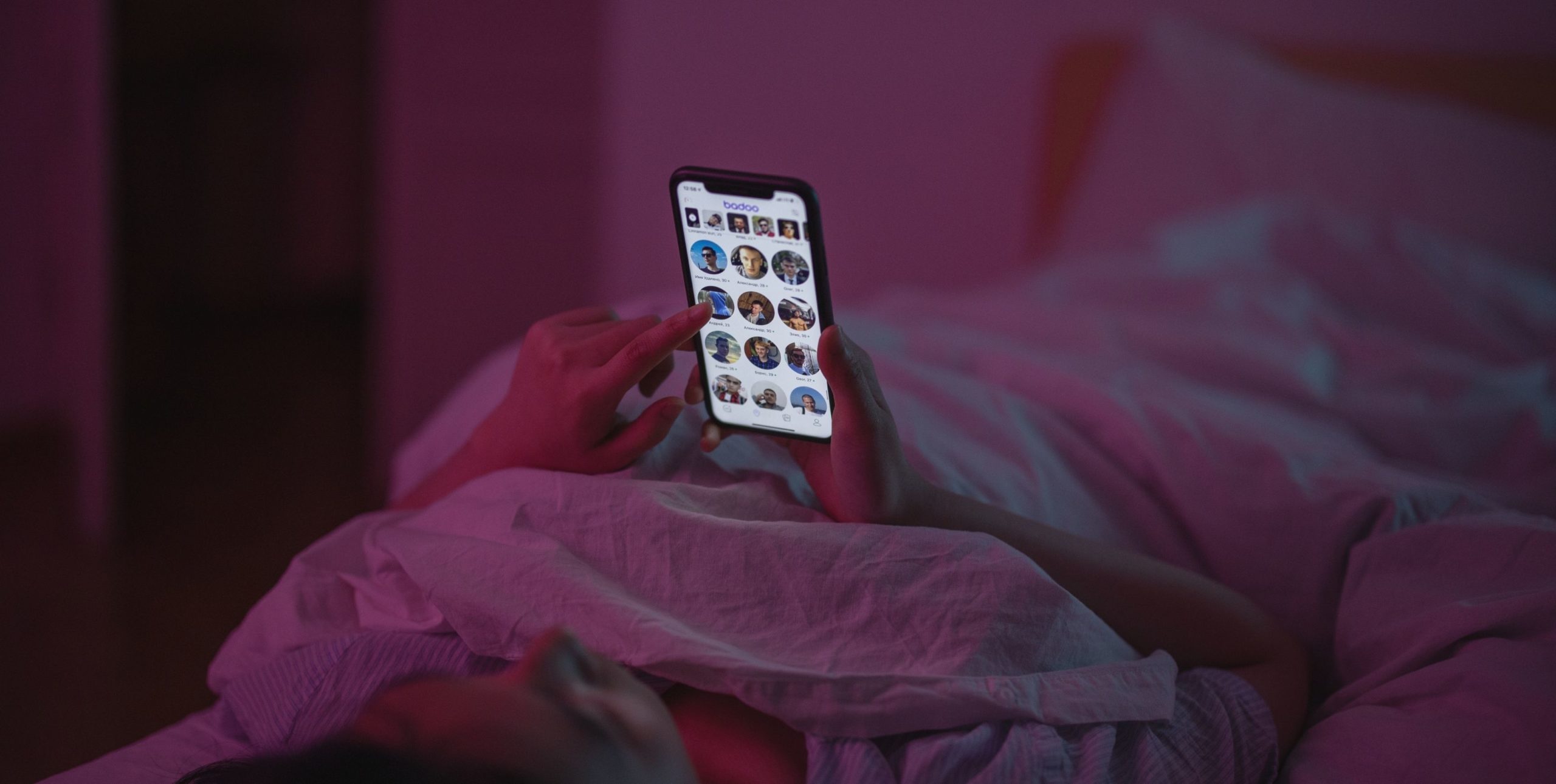
Tinder is undoubtedly one of the most popular dating apps out there today; however, this does not mean it's always safe! There are many reports circulating on the internet about unnerving encounters between various individuals using Tinder. One such article states "It turns out you don't even need to be talking dirty or meet up face-to-face before someone starts blackmailing you" ("Blackmail" 2017). This raises some serious safety concerns about how users should handle themselves while on this app so as not to put themself into compromising situations without any context beforehand. Another major issue with Tinder is objectification: another article discusses "the subjectification process whereby women become objects—objects who exist only insofar as they represent men’s desires...(Holland)" When taking all this information into account what would constitute 'safe' behavior when interacting via digital space?
